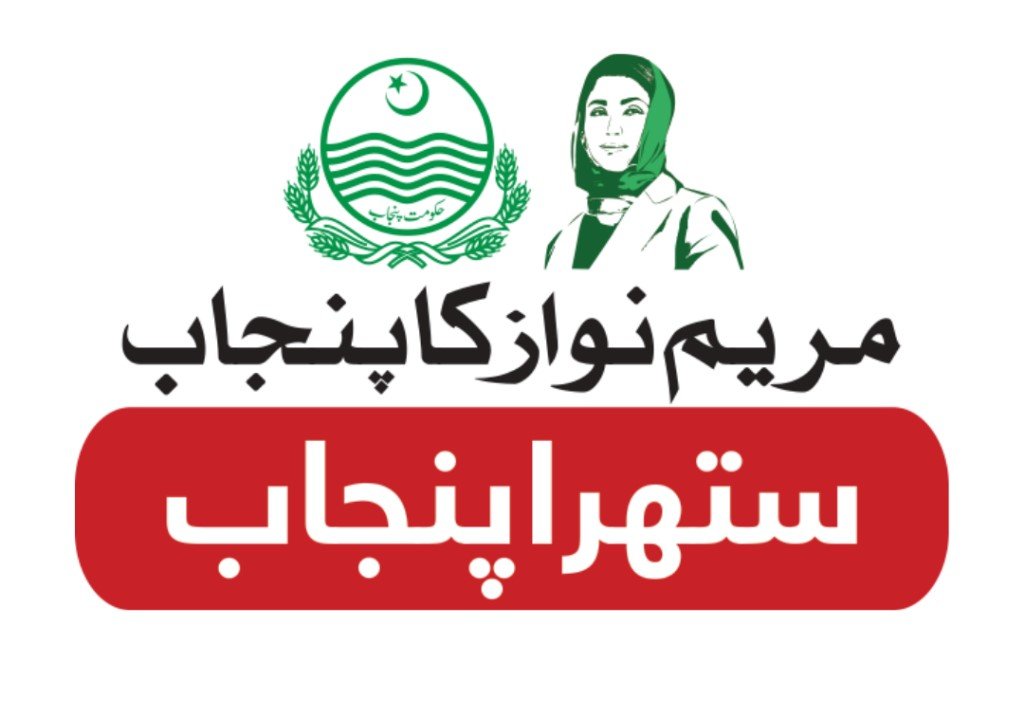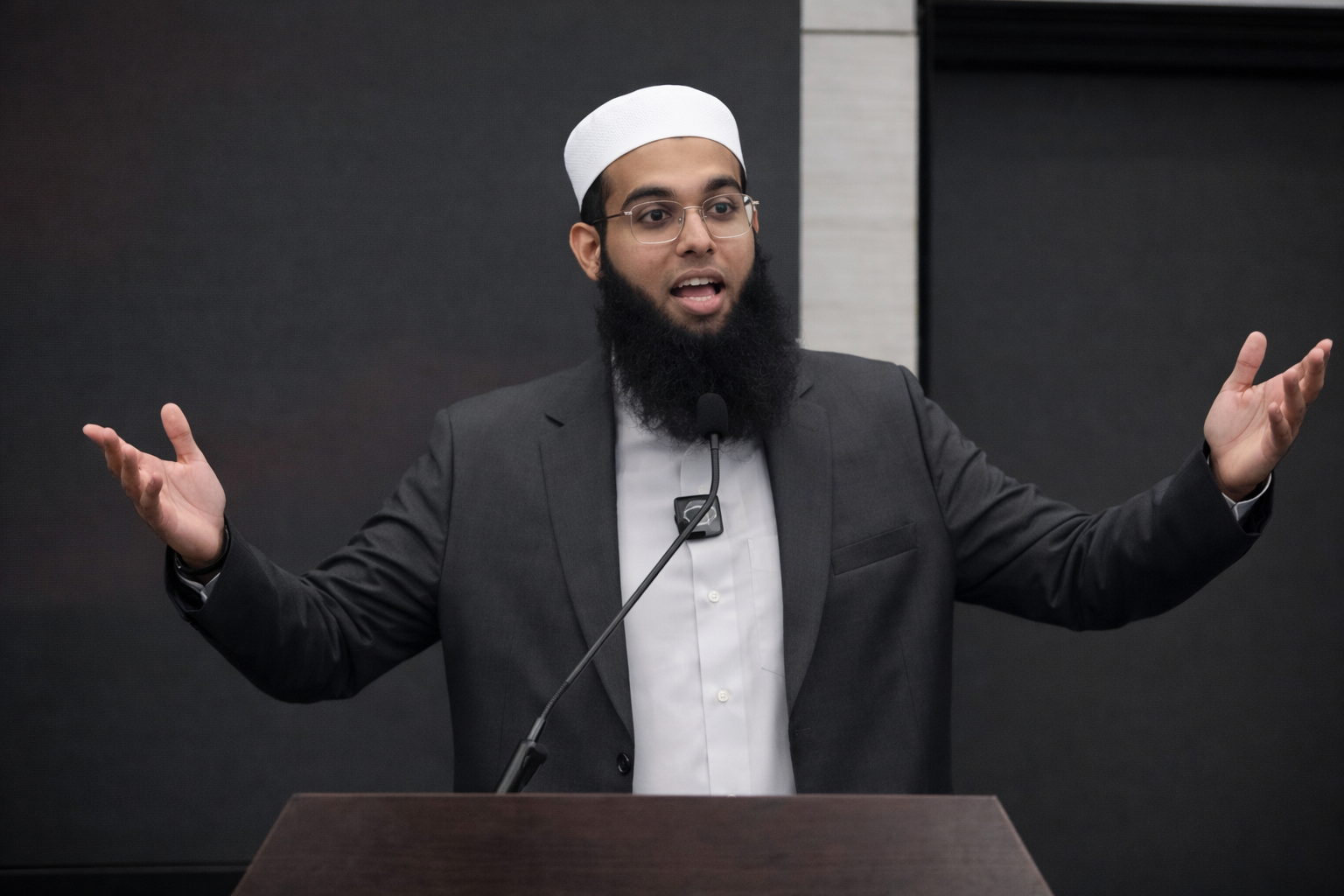A New Push for a Cleaner Punjab
Suthra Punjab initiative Launched in 2025, this program aims to transform both cities and villages into cleaner, healthier spaces. The tax, approved by the Punjab Cabinet, kicks off in upscale and commercial areas, with the Lahore Waste Management Company (LWMC) leading the charge in Lahore. Announced on August 24, 2025, this step is sparking buzz across Pakistan, with people eager to see a tidier province.
The Suthra Punjab campaign, backed by a Rs120 billion budget, is more than just a clean-up drive—it’s a vision to modernize waste management. From door-to-door garbage collection to advanced sanitation systems, the initiative is already making waves, though it’s not without its challenges. Here’s a closer look at how this bold plan is unfolding.
What’s the Garbage Tax All About?
The new garbage tax is the backbone of the Suthra Punjab initiative, designed to fund better waste management across Punjab. In urban areas, a 5-marla house will pay Rs300 monthly, while rural homes of the same size are charged Rs200. For larger properties, the rates scale up: urban homes between 5 and 10 marlas pay Rs500, and those between 10 marlas and 1 kanal face Rs1,000. Houses between 2 and 4 kanals are taxed Rs2,000, and properties over 4 kanals in cities pay Rs5,000. Rural areas, however, stick to a flat Rs400 for homes larger than 2 kanals
READ NEXT: NADRA’s Pak ID features – Exciting New Features Unveiled!
Small shops in cities will also chip in, with fees starting at Rs500,The LWMC has already started sending out bills, making it clear that Suthra Punjab is moving fast. This tax aims to create a steady stream of funds to keep the clean-up efforts going strong, ensuring streets and neighborhoods stay litter-free.
Bringing Cleanliness to Every Corner
The Suthra Punjab initiative is about more than just collecting trash it’s about changing how Punjab handles waste. Launched by Chief Minister Maryam Nawaz Sharif, the program includes door-to-door garbage collection, modern machinery, and sanitation services in both urban and rural areas. In Lahore, the LWMC is leading the effort, using open trucks and handcarts to collect waste, as noted in a 2024 Arab News report. The goal? A zero-waste Punjab within months, with 100,000 jobs created and 21,000 modern machines deployed, according to the Chief Minister.
The program has already shown results. In Vehari, over 55 locations were cleaned in just three days, with streets swept and garbage piles cleared, as reported by nation.com.pk. Rawalpindi’s Waste Management Company (RWMC) removed 20,000 tons of garbage in a month-long drive in March 2025, per pakobserver.net. These efforts highlight how Suthra Punjab is transforming communities, one clean street at a time.
Challenges and Criticism
Not everyone’s thrilled about the new tax. Some residents, especially in low-income areas, worry about the added cost. A report noted that 174 union councils in Lahore still lack proper garbage collection, with only 100 out of 274 councils covered due to delays and missing machinery. Critics like urban planner Mian Sohail Hanif Bhandara argue that Suthra Punjab focuses too much on affluent areas, leaving places like Wagah and Samanabad struggling with trash.
Social media posts from June 2025 echoed these concerns, with some users complaining about inconsistent services. Others, like commenter Muhammad Shafi on tribune.com.pk, pointed out that LWMC workers were already charging for door-to-door collection, raising questions about the new tax’s fairness. Despite these hiccups, the government is pushing forward, with Chief Minister Maryam Nawaz directing officials to clean the entire province within a month
A Vision for a Greener Future
The Suthra Punjab initiative isn’t just about cleaning up—it’s about building a sustainable future. The program’s “Waste to Value” project, launched in July 2025, turns biodegradable waste into biogas, generating millions in revenue In Lakhodair, a pilot project produced 20,000 to 25,000 kilograms of biogas from 1,000 metric tons of waste, earning Rs6-7 million. This shows how Suthra Punjab is blending environmental goals with economic benefits.
The initiative also aims to reduce plastic use and promote recycling, as Chief Minister Maryam Nawaz emphasized in a September 2024 statement on propakistani.pk. By involving local communities and hiring thousands of workers, Suthra Punjab is creating jobs and fostering a sense of ownership. Punjab Assembly Speaker Malik Muhammad Ahmad Khan even suggested a complaints commission to keep the program on track, highlighting the government’s commitment to transparency.
What’s Next for Punjab?
As Suthra Punjab gains momentum, the garbage tax is set to expand beyond upscale areas to all of Punjab’s cities and villages. Local bodies are gearing up for broader collection, with strategies in place since July 1, 2025, as per tribune.com.pk. The government’s goal is clear: make Punjab a model of cleanliness, with Lahore already earning praise for its waste management systems
The road ahead isn’t without bumps. Ensuring funds are used transparently and reaching low-income areas remain key challenges. But with the Suthra Punjab initiative, Punjab is taking bold steps toward a cleaner, greener future. As more residents see their streets transform, the garbage tax could become a small price to pay for a province that shines with pride and cleanliness.
READ MORE: NADRA’s Pak ID features – Exciting New Features Unveiled!



